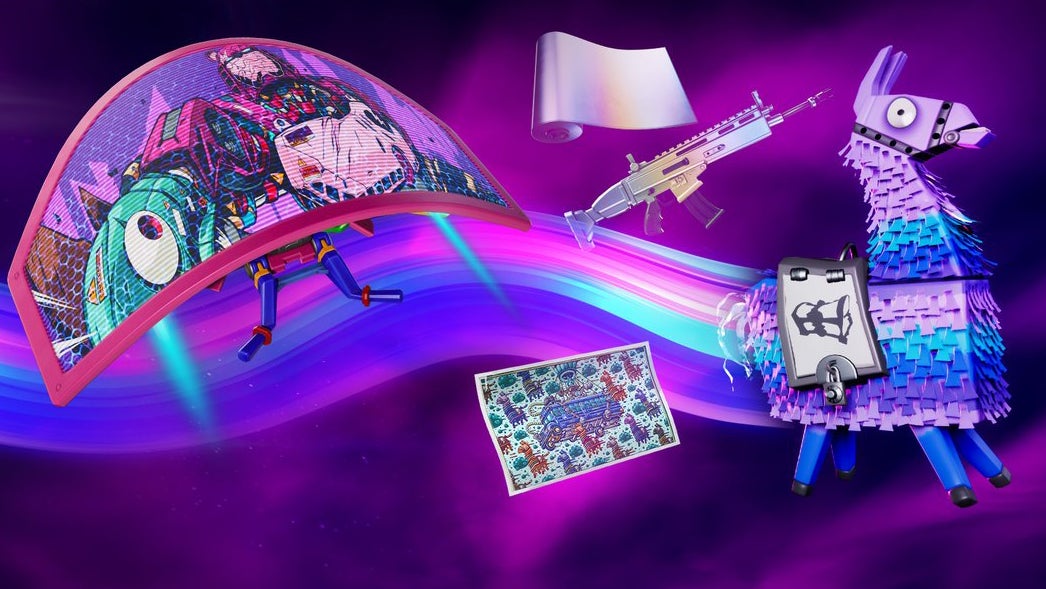The Ultimate Guide to BaoXing Bags
Explore the latest trends and styles in BaoXing bags.
Loot Case Monetization: Cashing In on Randomized Rewards
Discover how loot case monetization transforms random rewards into real cash! Unlock tips to maximize your earnings today!
Understanding Loot Case Monetization: How It Works
Loot case monetization has emerged as a compelling revenue model in various online gaming platforms, effectively blending gaming excitement with real-world economics. Central to this concept is the use of virtual crates or cases that players can purchase or earn through gameplay. Each case typically contains a randomized selection of in-game items, which range from cosmetic upgrades to functional enhancements. When players open these cases, they experience the thrill of chance, as they could unlock rare and valuable items, driving engagement and monetization. This element of surprise and potential for acquiring sought-after items plays a crucial role in the loot case monetization strategy, as it encourages players to invest more money to chase the next big find.
Understanding how loot case monetization works also involves recognizing the various psychological triggers that it leverages. For instance, the concept of FOMO (Fear of Missing Out) often prompts players to buy more cases, fearing they will miss the chance to own exclusive items. Additionally, the economic model often incorporates a secondary market where players can buy, sell, or trade their items, further enhancing the game's economy. This not only keeps the players engaged but also creates a sense of community around the trading of these digital assets. As a result, loot case monetization not only serves as a revenue stream for developers but also sustains a vibrant and interactive gaming ecosystem.

Counter-Strike is a popular tactical first-person shooter video game franchise that emphasizes team-based gameplay and strategy. Players assume the role of either terrorists or counter-terrorists, with objectives ranging from planting bombs to rescuing hostages. To enhance your gaming experience, you can check out the daddyskins promo code for exclusive in-game items and skins.
The Psychology Behind Randomized Rewards: Why Players Keep Coming Back
The psychology behind randomized rewards plays a significant role in the engagement and retention of players in gaming. This phenomenon stems from the concept of variable reinforcement, a principle rooted in behavioral psychology. Unlike fixed rewards that deliver predictable outcomes, randomized rewards provide an element of uncertainty, which heightens excitement and anticipation. When players experience the thrill of a surprise reward, their brains release dopamine, a neurotransmitter associated with pleasure and motivation. This creates a cycle where players are compelled to return, hoping to replicate the exhilarating feelings associated with unexpected rewards.
Moreover, the allure of randomized rewards taps into the innate human desire for achievement and validation. Players often feel a sense of accomplishment when they gain rewards, especially when these are hard-fought or unexpected. This is reinforced through social interactions, where player achievements are celebrated within communities. Additionally, platforms that employ **gamification** strategies incorporate these mechanics to enhance user engagement. By strategically designing reward systems that keep players guessing, game developers effectively exploit psychological triggers, ensuring that players keep coming back for more.
Are Loot Boxes Worth It? Analyzing the Value of Randomized Gaming Rewards
The discussion around loot boxes often centers on their value and impact on the gaming experience. Are loot boxes worth it? This question has gained traction as players weigh the excitement of potential rewards against the risks of spending money on randomized items. In many cases, players may find themselves captivated by the chance to obtain rare skins, characters, or other in-game assets. However, the value derived from these randomized gaming rewards can be subjective and heavily influenced by personal preferences, gameplay styles, and overall satisfaction with the loot acquired.
Critics argue that the mechanic behind loot boxes may promote a sense of gambling, particularly among younger players. To assess whether loot boxes are worth it, consider these factors:
- Cost vs. Value: Are the items you can obtain worth the price you pay?
- Impact on Gameplay: Do the rewards enhance your gaming experience or provide a competitive edge?
- Player Satisfaction: Are players content with their loot box outcomes, or do they feel frustrated by a lack of valuable items?